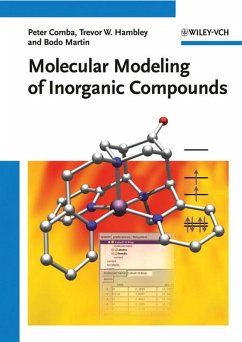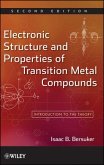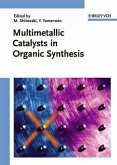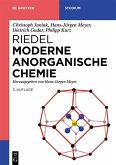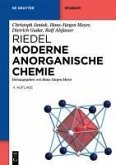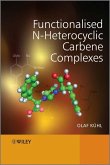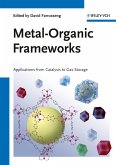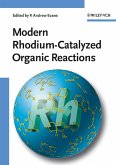After the second edition introduced first density functional theory aspects, this third edition expands on this topic and offers unique practice in molecular mechanics calculations and DFT. In addition, the tutorial with its interactive exercises has been completely revised and uses the very latest software, a full version of which is enclosed on CD, allowing readers to carry out their own initial experiments with forcefield calculations in organometal and complex chemistry.
Dieser Download kann aus rechtlichen Gründen nur mit Rechnungsadresse in A, B, BG, CY, CZ, D, DK, EW, E, FIN, F, GR, HR, H, IRL, I, LT, L, LR, M, NL, PL, P, R, S, SLO, SK ausgeliefert werden.

